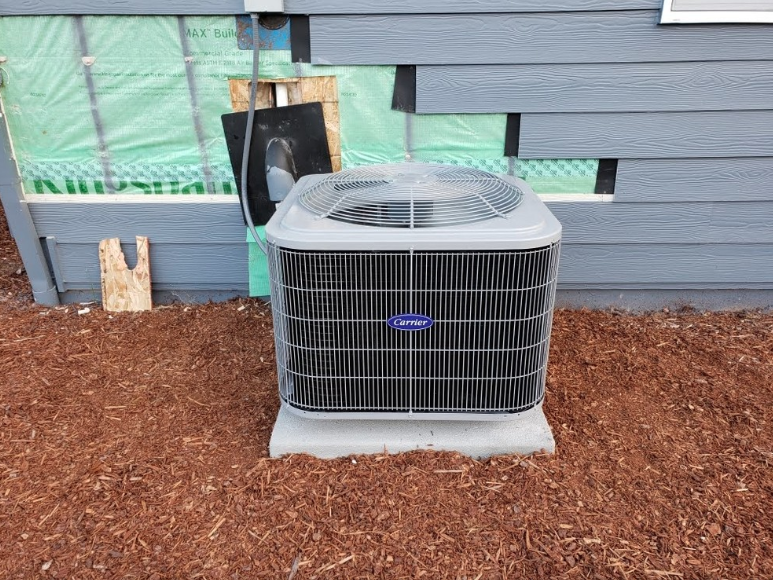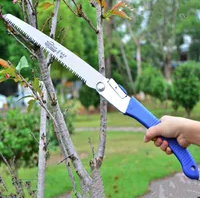4 Tips To Keep Your Appliances Working Like New

Your home appliances are not just functional items; they are valuable assets. Imagine the inconvenience and cost of a sudden breakdown of your washing machine or fridge!

It’s a stark reminder of their worth and the need to preserve them. On average, household appliances can last anywhere from 8 to 15 years; refrigerators last the longest, while dishwashers have a shorter lifespan. And these days, more modern energy-efficient models can cost big bucks to peace should your current appliances fail
With this in mind, there are some tips and tricks you can implement to help you preserve and extend the life of your appliances so you won’t have to worry about them failing on you, at least not in the near future.
Service Them
It can be a really good idea to have appliances serviced regularly, especially for more major appliances like an HVAC system. Regular servicing can evaluate each appliance and ensure that if wear and tear or faults are likely to develop, your engineer can identify them. This proactive approach can help you restore functionality and get the right repairs booked, avoiding further damage or complete system failure. Ultimately, regular servicing can extend the lifespan of your appliances and save you money in the long run.
Learn Basic Repairs
While you’re not expected to carry out extensive repairs to your appliances, learning how to do some basic fixes or rectify common issues can serve you well and avoid any major catastrophes. For instance, you can learn how to replace refrigerator shelving, seals, or gaskets using discount brand name appliance parts. These quick and easy fixes can restore full working order to your appliances and save you the cost of a professional repair.
Deep Clean
Deep cleaning is vital for maintaining the efficiency and lifespan of your appliances. This involves both internal and external cleaning. For instance, running a washing machine or dishwasher cleaner can help reduce buildup in pipes and on internal parts. Additionally, removing all parts that can be removed and giving them a thorough clean is recommended. It’s also important to flush the system to remove any stagnant water or dirt buildup in pipes. Pay attention to any spaces in appliances where dirt can build up, such as drawers, door seals, underneath the appliance, and the sides of appliances that aren’t fitted or freestanding stoves or washers.
Use Correctly
Hands up if you studied the manufacturer’s guide prior to your first use of the appliance. Not everyone does this, and if you don’t understand how your appliance works and how it’s recommended to be used, there is a high chance you’re not using it correctly. From using the wrong setting on your dishwasher to overloading your washing machine and using the wrong cleaners inside your oven or air fryer, you can do some severe damage if you’re unsure how to use certain appliances or you just “wing it”.
Always refer back to the manual. You can often find one online if you don’t have a physical copy to hand. This will ensure you are using it correctly and not causing any damage that can impact its efficiency or lifespan.








